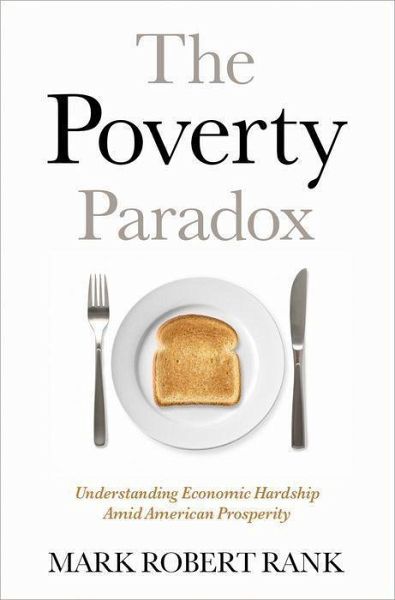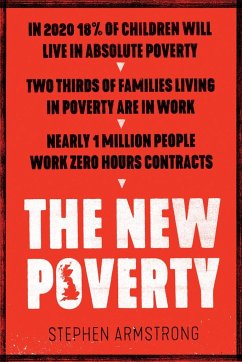
The Poverty Paradox
Understanding Economic Hardship Amid American Prosperity
Versandkostenfrei!
Versandfertig in 2-4 Wochen
36,99 €
inkl. MwSt.
Weitere Ausgaben:

PAYBACK Punkte
18 °P sammeln!
The paradox of poverty amidst plenty - namely, that the wealthiest country in the world also has the highest rates of poverty among the industrialized nations - has plagued the United States throughout the 21st century. In The Poverty Paradox, Mark Rank, one of the nation's leading authorities on the subject, offers a unique analysis to arrive at a compelling answer and from there he suggests potential policy solutions.













